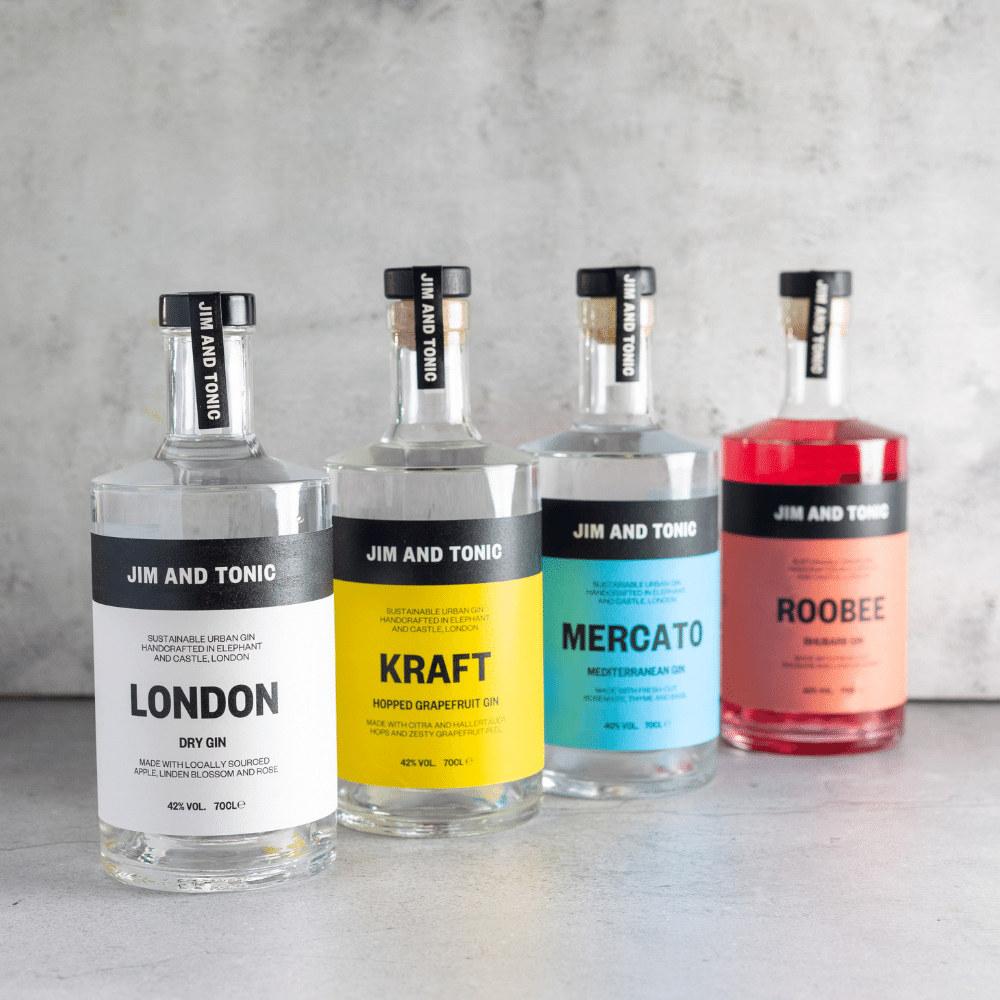Rum: the word conjures images of swashbuckling pirates, tropical islands, and sweet, sticky cocktails. But did you know Britain has its own deep and fascinating history with this spirit? Forget the Queen's tea, let's explore the grog-glorious past of British rum!
From Pirates to the Royal Navy: A Rum Adventure Begins
Our story starts in the 17th century, when the British were busy acquiring a taste for rum, thanks to their swashbuckling brethren, the pirates. These seafaring rogues often plundered ships laden with rum from the Caribbean, and some of it inevitably found its way into British ports. But wait, weren't pirates the bad guys? Well, not exactly when it comes to rum – they unknowingly introduced Britain to this delicious drink!
Seeing the potential in rum, the British started importing it themselves, primarily for use in their colonies. However, a funny thing happened – the Royal Navy, known for its tough sailors, discovered rum's potential as a morale booster (and perhaps a way to forget the harsh realities of life at sea). In 1673, rum officially replaced French brandy as the sailors' daily ration, forever changing naval history (and probably a few hangovers).
Grog Glory: The Rise of Navy Rum
But hold your horses, mateys! This wasn't your fancy sipping rum. Navy Rum, as it was called, was a different beast altogether. This potent concoction, typically around 57% alcohol by volume (strong enough to knock a kraken off its ship!), was chosen for its durability during long voyages and its ability to be easily diluted with water – a practice known as "grogging." Admiral Edward Vernon, known for his love of a good cloak (and a diluted drink!), is credited with popularizing grog by diluting the rum ration to prevent drunkenness among his sailors.
From Ration to Revolution: Rum's Surprising Role
Rum wasn't just about keeping sailors happy. It became a valuable commodity, even playing a part in historical events. The infamous Sugar Act of 1764, which heavily taxed molasses (a key ingredient in rum production), sparked outrage in the American colonies. This "taxation without representation" fueled the flames of the American Revolution, proving rum's impact went beyond just being a tasty drink.
Beyond the Barrel: British Rum's Legacy
While the Royal Navy stopped issuing rum rations in 1970, Britain's love affair with rum continued. London became a hub for blending and ageing Caribbean rums, giving birth to iconic brands like Lemon Hart and Lamb's Navy Rum. Today, the British rum scene is experiencing a revival, with a growing number of craft distilleries putting their own unique spin on the spirit.
So, there you have it, mateys! From its piratical beginnings to its role in shaping history, rum has left its mark on British culture. So next time you raise a glass of this golden liquor, remember the rich and boozy journey it took to reach your lips!
Bonus Fun Fact: The term "Navy Strength" rum, still used today, refers to the original strength of British Navy Rum – strong enough to weather any storm, both literal and metaphorical!
Visit us at The Rum House
Our newest venue in the heart of Strattord, East London. Built over three floors, including a rooftop terrace, cocktail bar and soon to be opened rum distillery. Visit us today.












